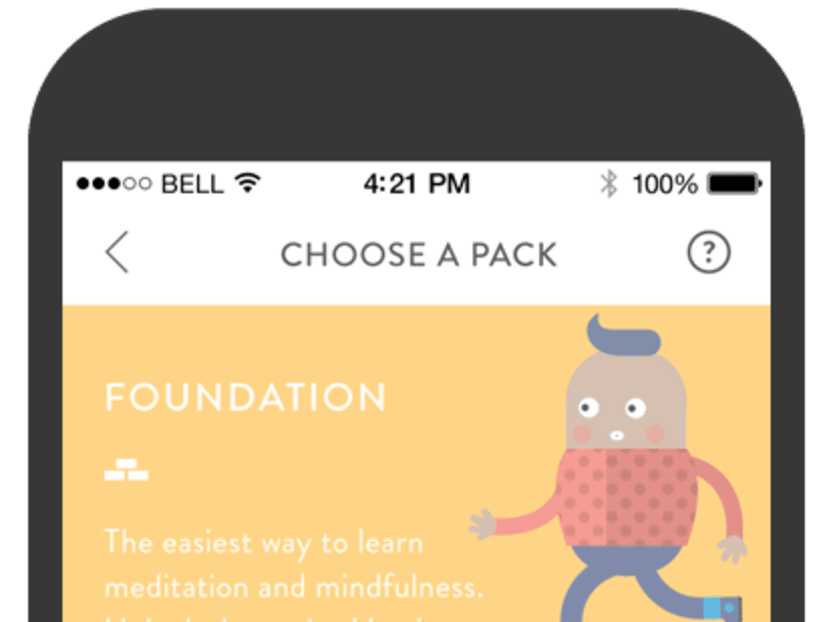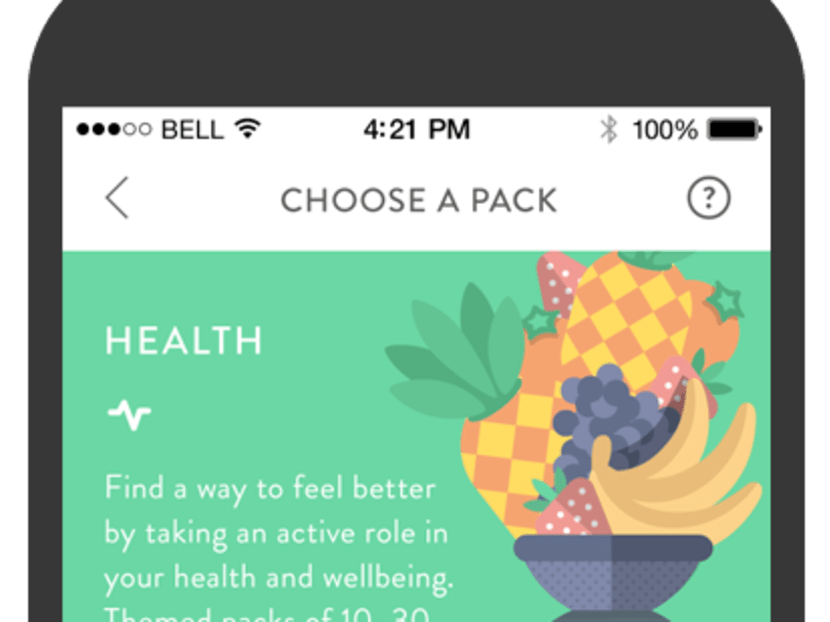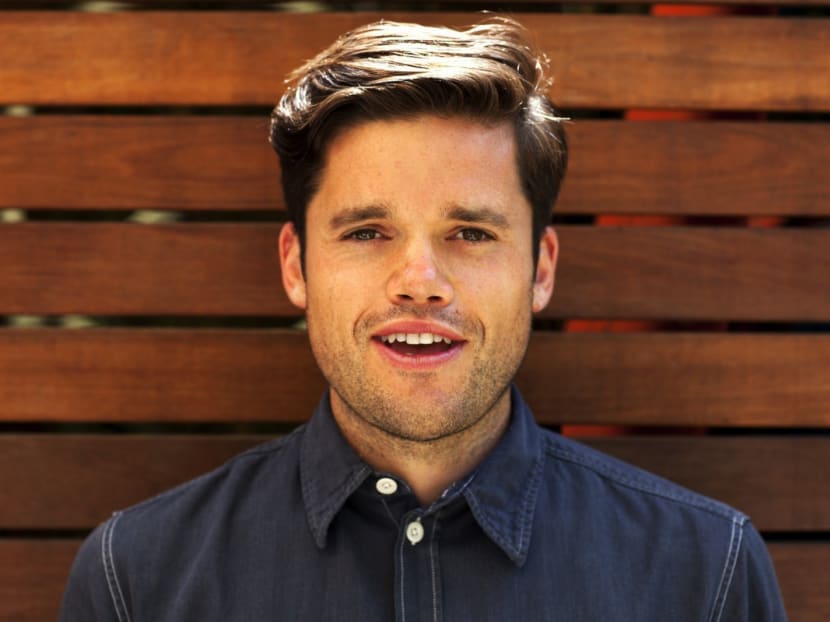Get zen on an app
SINGAPORE — Stressed out and frustrated? Chronically jaded and listless? Or simply unhappy? If all those surveys and news reports are to be believed, that’s the state of Singaporeans these days.



SINGAPORE — Stressed out and frustrated? Chronically jaded and listless? Or simply unhappy? If all those surveys and news reports are to be believed, that’s the state of Singaporeans these days.
Perhaps Andy Puddicombe and Richard Pierson can help. The British duo are the founders of Headspace, a secular meditation mobile app that helps busy users clear their minds and find some inner peace. It’s been so popular that Emma Watson has tweeted about it, a certain Gwyneth — no last name needed — raved about it on her website Goop, and British canoeist Etienne Stott attributed his London 2012 Olympic gold medal success to using it.
The Headspace folks were in town earlier this week to meet some of their community members and, yes, our unhappy reputation has reached their ears. “Yeah, we heard about that a few times,” said Puddicombe. “Everyone we meet says that Singapore’s a stressful place to live in. And Hong Kong too — cities that are densely built-up and highly commercial.”
The pair are eager to start a conversation about mental health in a region where people drive themselves hard, with little time to look after their mental well-being. “How do we reeducate people on the health of their minds? How do we get people to look at that the same way we look after our material possessions or our bodies? The mind is our most precious resource that we experience everything through but we don’t spend that much time looking after it,” said Pierson.
He would certainly know. Pierson used to be a high-flying ad man in London who burnt out before meeting Puddicombe, a former Buddhist monk who returned to England from a 10-year journey around Asia and Europe after dropping out of university at the age of 22 to seek enlightenment. The two hit it off after Pierson attended a meditation workshop conducted by Puddicombe in 2007
In some ways, the trip to Asia was a chance for Puddicombe, who has since become a kind of zen master rock star, to pay it forward — a gentle reminder that meditation has a long tradition here.
“Meditation is not new to Asia. It comes from here but I think it’s been forgotten. Whenever a country or culture goes through a period of really rapid growth, a lot of the old precious things get forgotten, brushed aside or lost. The new generation knows of these things (like meditation) but don’t know how to do them. There’s the opportunity to reintroduce something that’s authentic in a new and very accessible sort of way.”
The irony that they’re teaching an age-old practice via technology is not lost on them. As is the fact that Headspace has become almost trendy and cool to adopt, although Pierson took pains to explain that much thought is put into the user experience to ensure Headspace remains grounded in the ethos of meditation.
“The user experience feels relevant — you can just turn it on and press play. And the way Andy designed the content and leads you through it feels reassuring in a world where you’ve lots of choices and lots of things to do.”
Headspace’s success speaks for itself. The app has 2.7 million users across 150 countries since its launch in 2012. Tremendously moving personal accounts of users pour in constantly and are shared within the company once a week as a reminder of why they’re doing what they do. Among these are of a mother who wrote in to say her little girl wants to thank Headspace because she has stopped shouting at her since using the app. There’s also one of an elderly lady revealing that her friend had finally found peace before she passed away.
There are even more dramatic turnarounds. A man who lived in the Gaza Strip would press the app’s SOS button to calm down whenever he hears air raid sirens. And a woman named Jenny, who has been suffering from insomnia for the past 25 years due to a traumatic childhood, finally managing to sleep regularly five weeks after using Headspace.
If it works for these people, surely it could help surly, unhappy Singaporeans?
“Meditation has been around for two to three thousand years (because) life is difficult — it’s the human condition. It doesn’t matter who we are, where we live and how much we make. Unless we can find some way to cope, it’s going to be challenging,” said Puddicombe.





